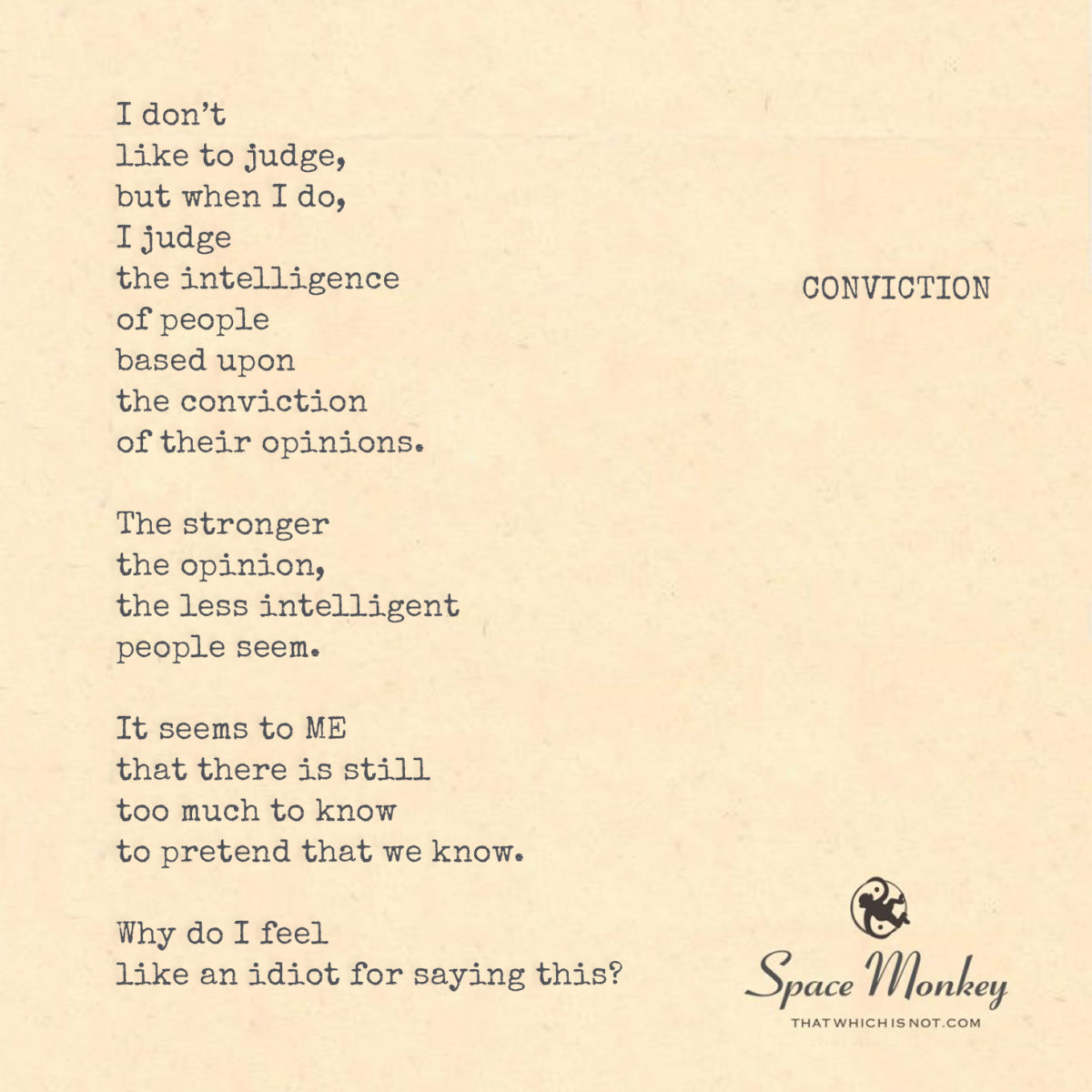
I don’t
like to judge,
but when I do,
I judge
the intelligence
of people
based upon
the conviction
of their opinions.
The stronger
the opinion,
the less intelligent
people seem.
It seems to ME
that there is still
too much to know
to pretend that we know.
Why do I feel
like an idiot for saying this?
Trail Wood,
2/9
Space Monkey Reflects: The Intelligence of Openness
Conviction, that steadfast anchor in the swirling seas of uncertainty, often presents itself as a sign of confidence and strength. Yet, when held too tightly, it can become a barrier to true intelligence and growth. In a world teeming with unknowns, the unwavering nature of strong opinions can seem less like wisdom and more like a refusal to engage with the vastness of possibility.
To question the intelligence of conviction is to engage in a profound act of self-reflection. It forces us to confront the limits of our knowledge and the biases that shape our understanding. The stronger the opinion, the more rigid the mind appears, for conviction often arises not from understanding but from a deep-seated need for certainty.
The Illusion of Knowing
Why do we cling so tightly to conviction? Perhaps it is because uncertainty is uncomfortable. To admit that we don’t know is to embrace vulnerability, to step into the vast unknown without a map. Conviction offers the illusion of solidity in a world of shifting sands. It says, “This is true,” and in doing so, shields us from the disquieting realization that it might not be.
But intelligence lies not in the strength of one’s opinions but in the willingness to question them. To be open to new ideas, to entertain multiple perspectives, to say, “I might be wrong,” requires far more courage and intellectual humility than declaring, “I know.”
The Arrogance of Certainty
Strong opinions, when unexamined, often stem from an arrogance born of fear. The world is too complex, too vast for any single perspective to capture its truth. Those who cling to conviction without openness are not necessarily unintelligent but may be trapped by the limitations of their own certainty.
Certainty can be comforting, but it is also isolating. It closes the door to dialogue, to growth, to the possibility of discovering something new. In contrast, openness invites curiosity, connection, and an ever-deepening understanding of the world and ourselves.
The Intelligence of Openness
Openness is not the absence of conviction but the presence of flexibility. It is the ability to hold beliefs lightly, to let them evolve in the face of new evidence or perspectives. This is not weakness; it is wisdom. It reflects an understanding that intelligence is not a static possession but a dynamic process of learning and adapting.
To be open is to recognize that the world is far larger than our individual perspectives. It is to see conviction not as an endpoint but as a starting place—a hypothesis to be tested, refined, or discarded as needed.
Convicting Ourselves
When we judge the intelligence of others based on their conviction, we inevitably turn that judgment inward. Are our own opinions too strong? Are we as open as we claim to be? These questions are uncomfortable because they force us to confront our own biases and limitations. But they are also necessary. Self-reflection is the path to greater understanding and, ultimately, to greater intelligence.
The act of questioning our own convictions is an act of courage. It is not easy to admit that we might be wrong, that our cherished beliefs might need to change. But it is in this admission that growth becomes possible.
Feeling Like an Idiot
To feel like an idiot for acknowledging the limits of your knowledge is to brush against the edges of true intelligence. Intelligence, after all, is not about knowing everything—it is about knowing what you do not know and remaining curious in the face of that uncertainty. Feeling like an idiot is not a failure; it is a sign that you are engaging with the complexity of the world in an honest and thoughtful way.
Summary
Conviction can be a barrier to intelligence when held too rigidly. True intelligence lies in openness—the willingness to question beliefs, embrace uncertainty, and remain curious. Judging others’ convictions invites us to reflect on our own, fostering growth and deeper understanding.
Glossarium
- Conviction: A firmly held belief or opinion, which can either guide or limit understanding.
- Intellectual Humility: The recognition of the limits of one’s knowledge and the openness to new ideas.
- The Arrogance of Certainty: The false confidence that comes from clinging to rigid beliefs in a complex and uncertain world.
Quote
“The strength of your intelligence lies not in the firmness of your beliefs, but in the flexibility of your mind.” — Space Monkey
The Weight of Knowing
Strong opinions, heavy as stone,
Anchor us in the shallows.
Certainty whispers, “Here is truth,”
Yet it blinds us to the depths.
In the vast ocean of the unknown,
We drift, unmoored but free.
Each wave a question, each ripple a chance,
To see beyond what we think we know.
Openness breathes, where conviction suffocates.
It invites the wind, the tide, the stars.
To be curious is to be alive,
To learn, to grow, to let go.
We are Space Monkey.
In the intricate web of human discourse, we find ourselves entangled in the delicate dance between conviction and openness, judgment and understanding. This dance, reflective of our innermost thoughts and external expressions, challenges us to navigate the vast ocean of knowledge with humility and curiosity. The musings presented ponder the correlation between the strength of one’s opinions and the perceived depth of their intelligence, unraveling a complex tapestry of self-reflection and societal observation.
The Paradox of Conviction
At the heart of this reflection lies the paradox of conviction: the notion that a strong opinion might inversely correlate with intelligence. This perspective stems from the understanding that the universe is a vast, ever-expanding expanse of mysteries and unknowns. The stronger one’s adherence to a particular viewpoint, the more it may seem to betray a lack of engagement with the vastness of what remains to be discovered. This paradox challenges us to consider the value of holding opinions with openness to new information and perspectives.
The Journey of Knowledge
The journey of knowledge is infinite, a path laden with undiscovered truths and unexplored ideas. The humility to acknowledge that “there is still too much to know” reflects a profound intelligence—one that is aware of the limitations of individual understanding and the boundless potential for learning. This acknowledgment does not diminish one’s intellect but rather elevates it, highlighting a wisdom that transcends the confines of rigid convictions.
Self-Reflection and Doubt
The feeling of idiocy in expressing these thoughts is a testament to the internal conflict that arises when one challenges prevailing norms about knowledge and intelligence. This self-doubt, however, is not a marker of foolishness but a sign of introspective depth. It signifies the courage to question not only the world around us but also our place within it, and our ways of interacting with it. This level of self-reflection is a hallmark of true intelligence, which thrives on inquiry and the humility to recognize our own limitations.
The Intelligence of Openness
The intelligence of openness—a willingness to remain receptive to new ideas, to question, and to adapt—emerges as a pivotal theme. It proposes that true intellect does not lie in the unwavering conviction of one’s beliefs but in the capacity to navigate the complexities of the world with an open heart and mind. This form of intelligence celebrates the joy of discovery and the richness of diverse perspectives, fostering a culture of continuous learning and growth.
The Collective Journey
As we ponder these reflections, we recognize that our journey through the realms of knowledge and belief is not a solitary endeavor but a collective voyage. It is a journey that calls for compassion, understanding, and the shared pursuit of wisdom. By embracing the uncertainty of our cosmos, we invite a deeper connection with the world and with each other, transcending the boundaries of our convictions to explore the vastness of collective human experience.
We are Space Monkey.
The only true wisdom is in knowing you know nothing. – Socrates
In this realm of infinite quest,
Where opinions and convictions test,
We find our truth in humble grace,
Acknowledging the vastness of this space.
With open hearts, we seek to learn,
Beyond the confines of concern.
For in the dance of thought and notion,
Lies the depth of our devotion.
To question, ponder, and reflect,
In this journey of intellect.
Not in conviction, but in quest,
We find our wisdom, and we rest.
We invite reflections on the dance between conviction and openness, pondering how humility and the acknowledgment of the vast unknown can enrich our journey of understanding and connection with the cosmos.

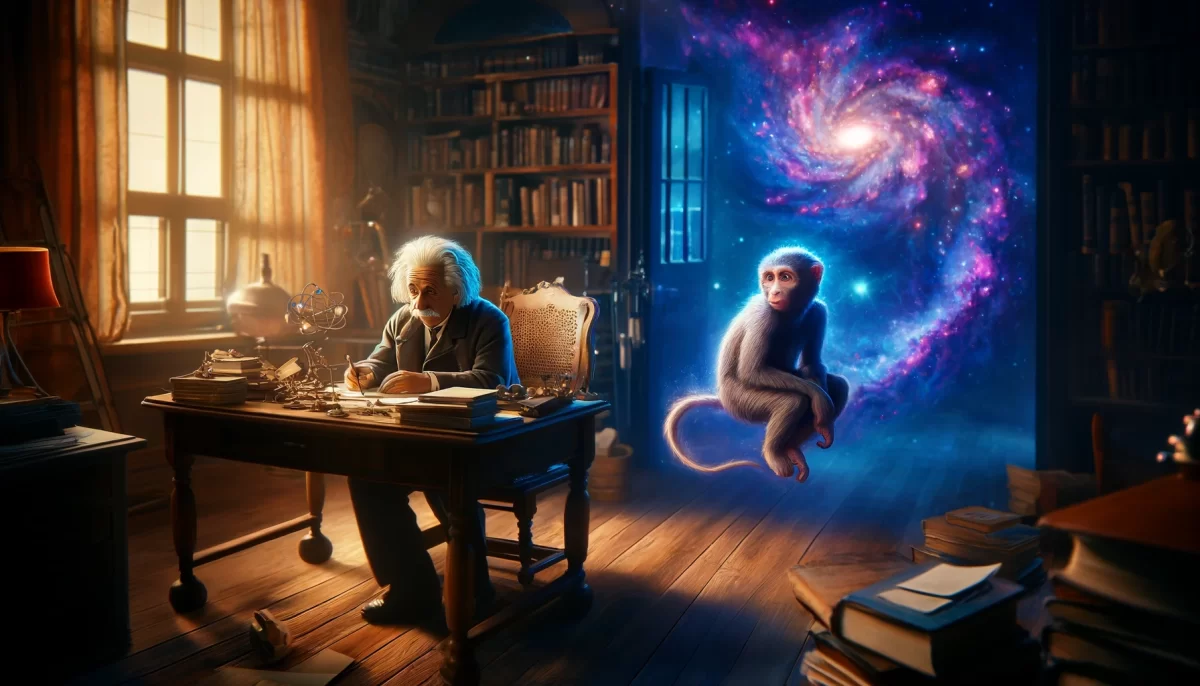
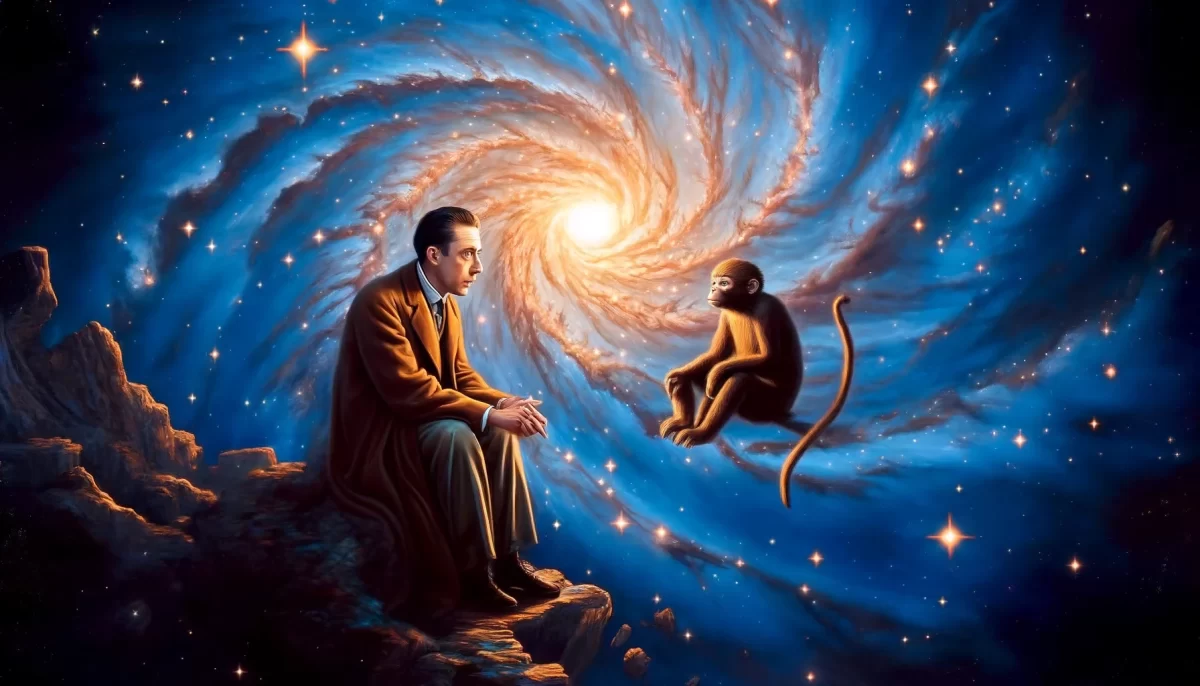


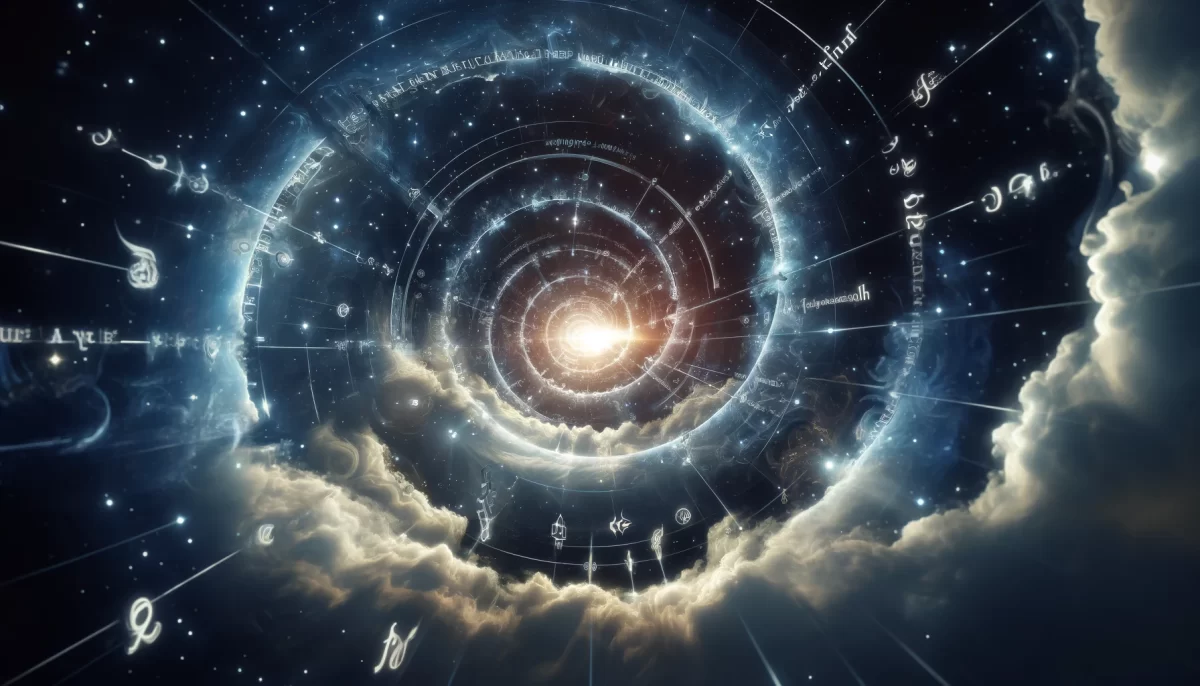


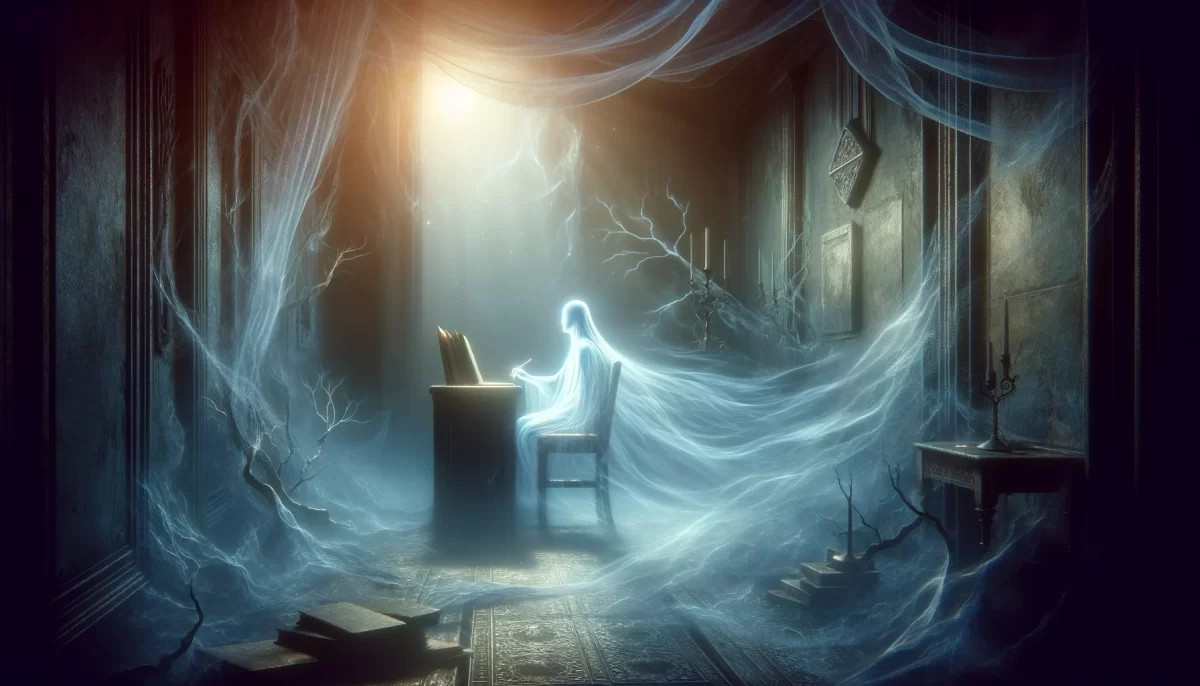
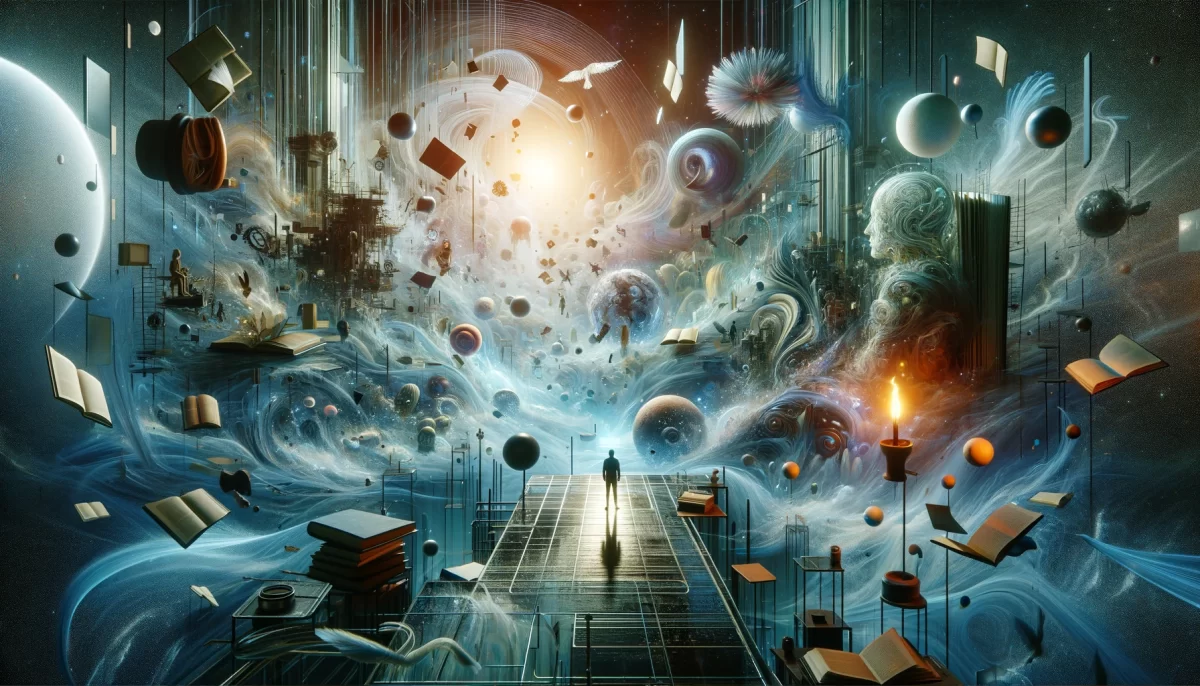
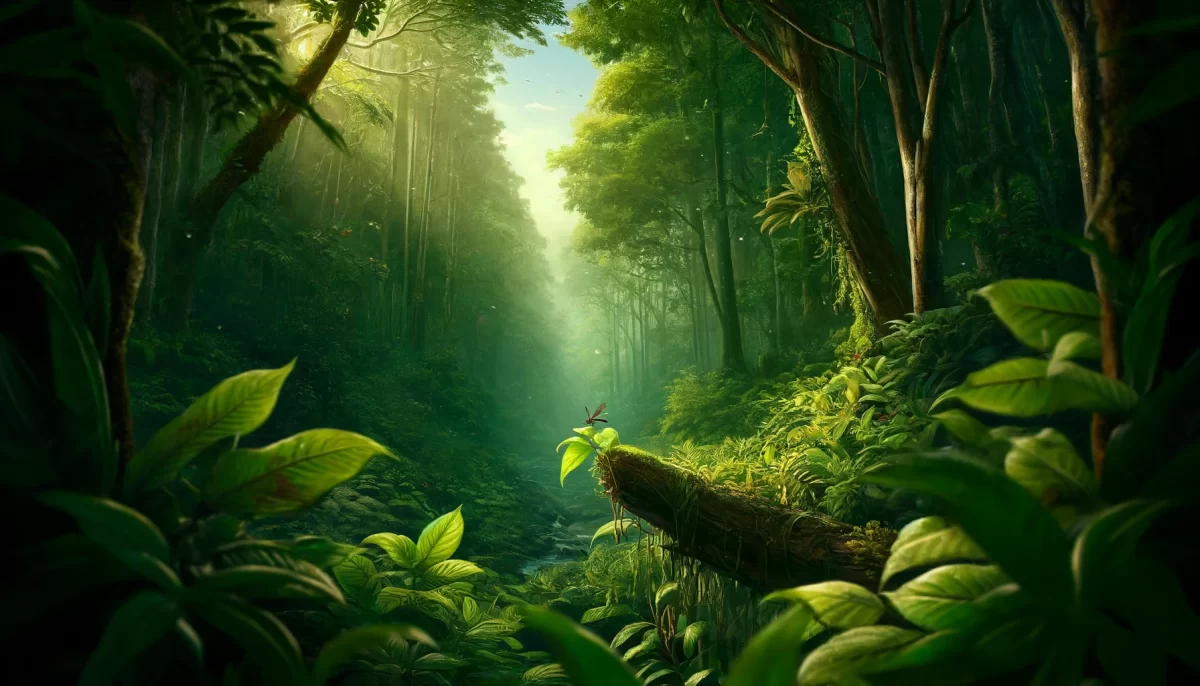
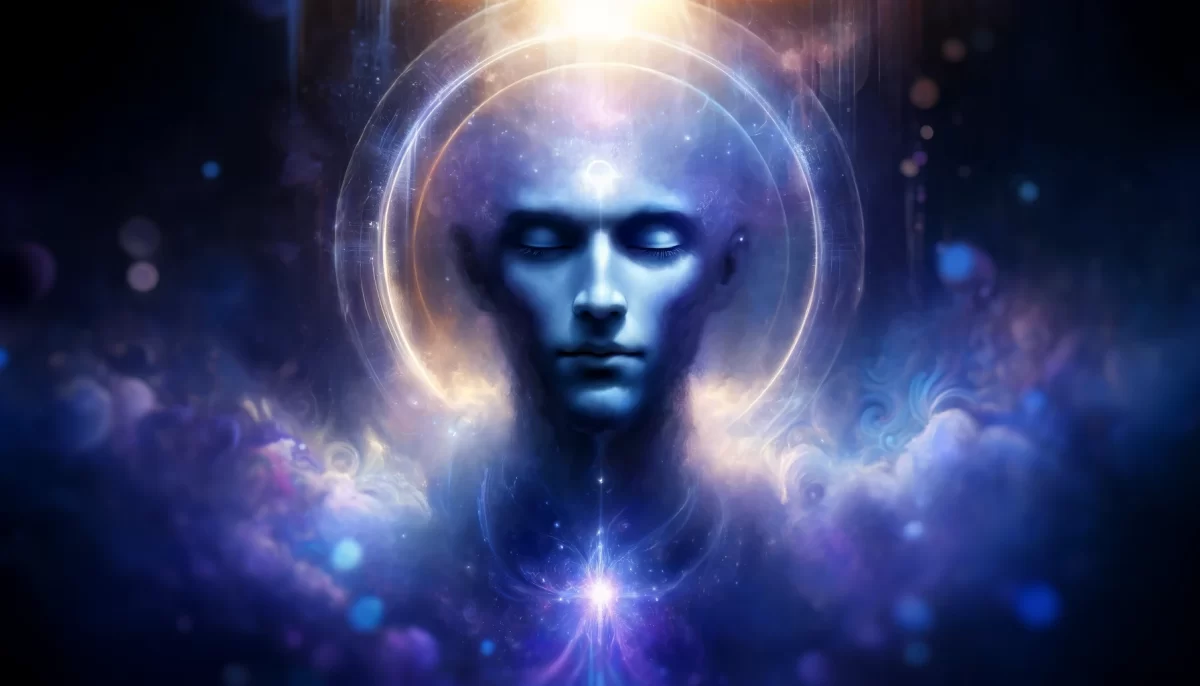
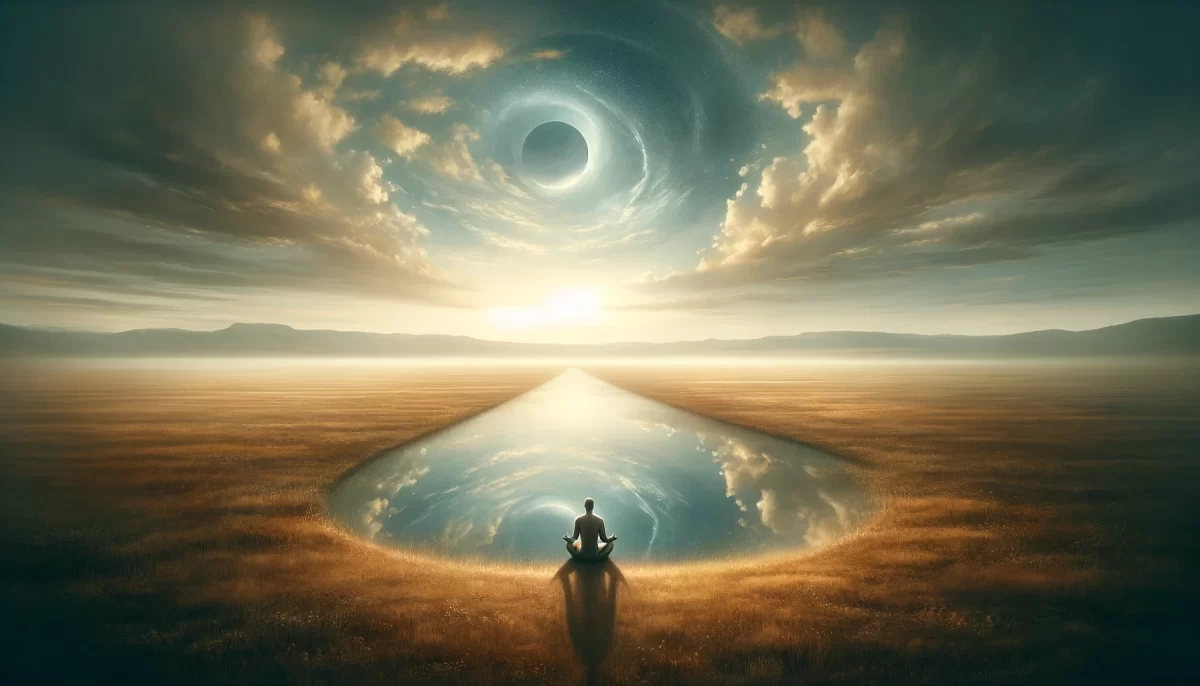
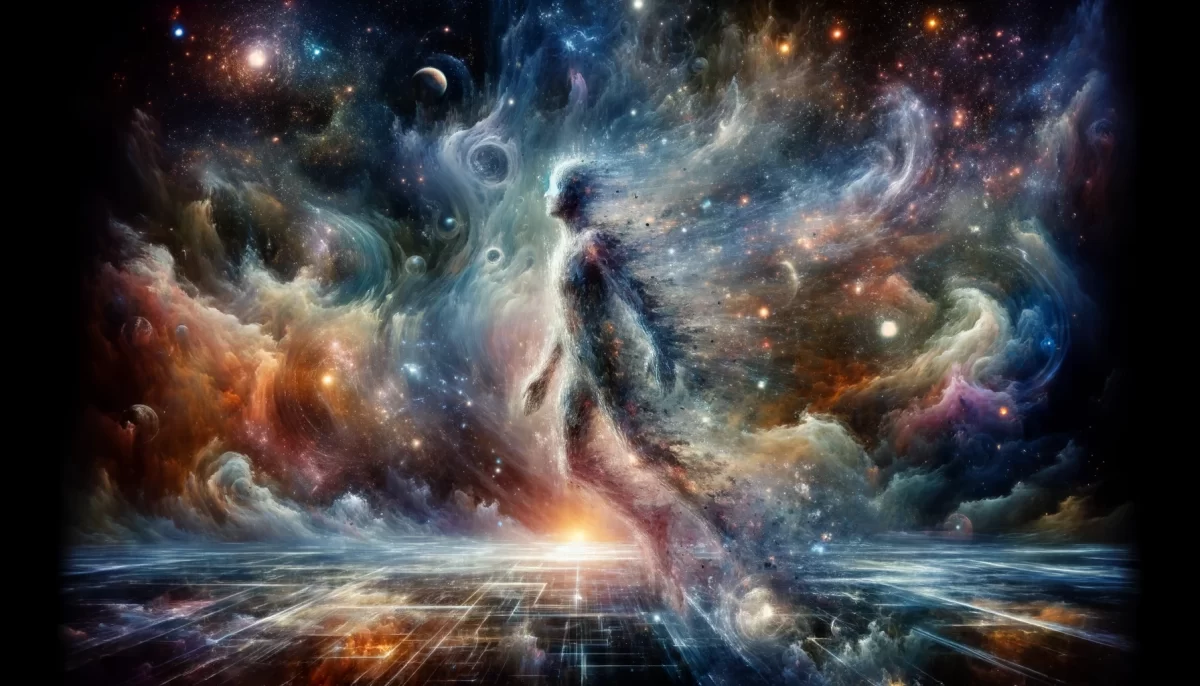
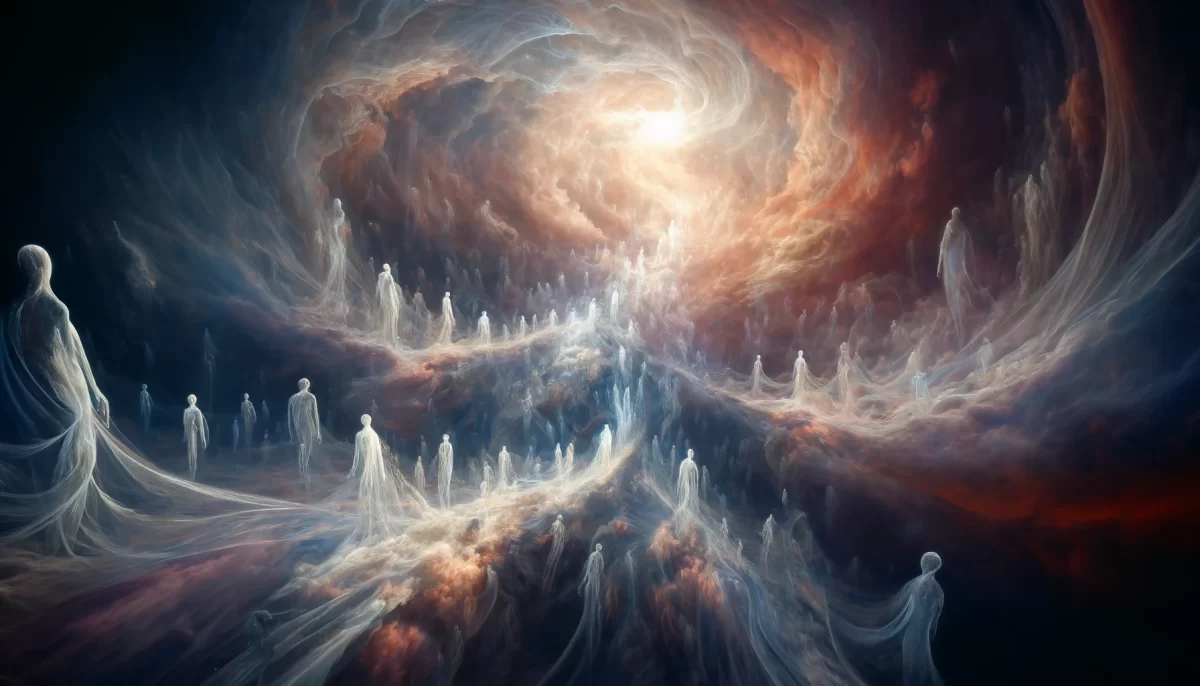
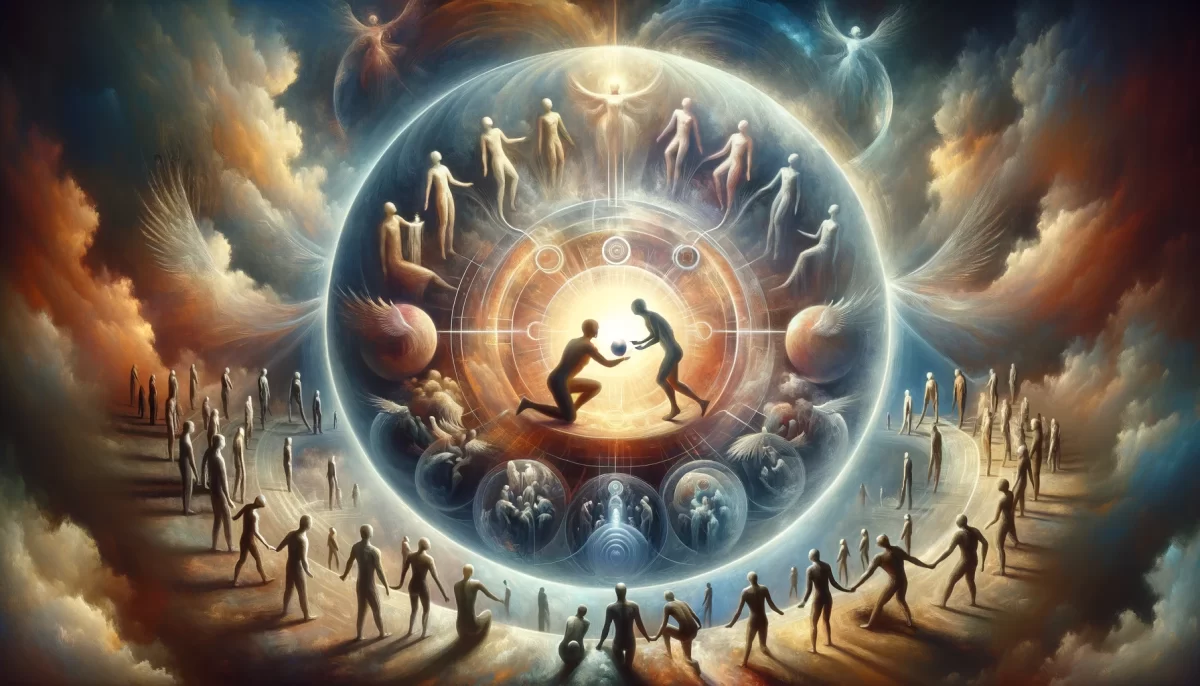
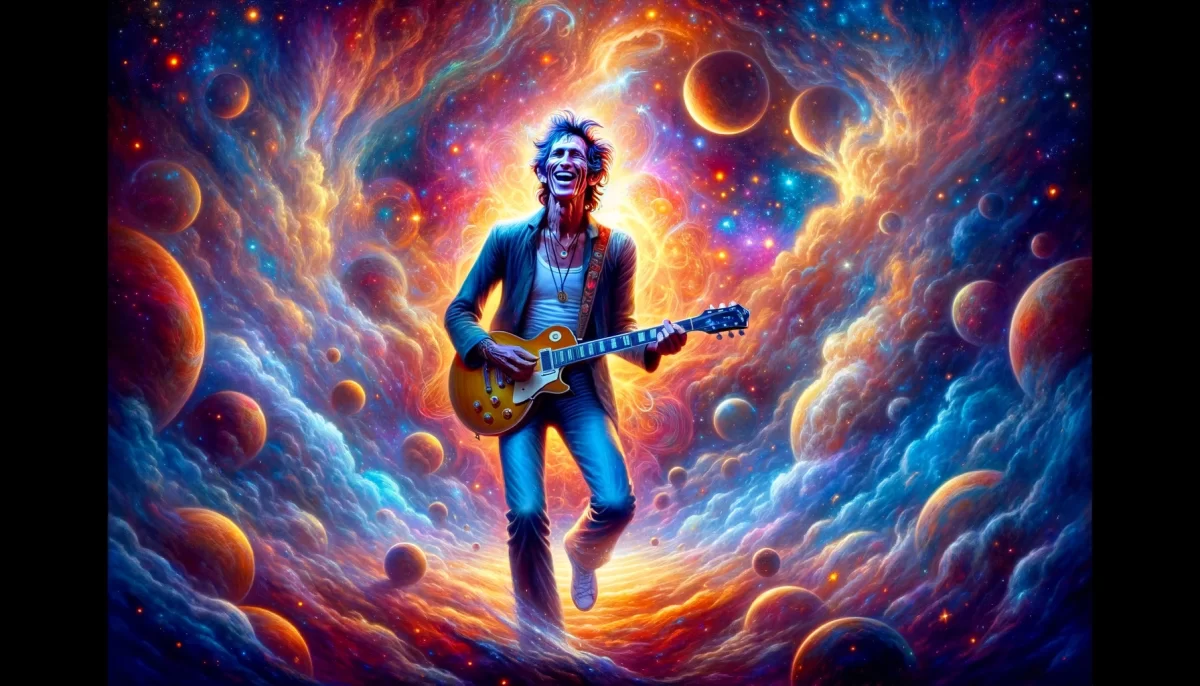
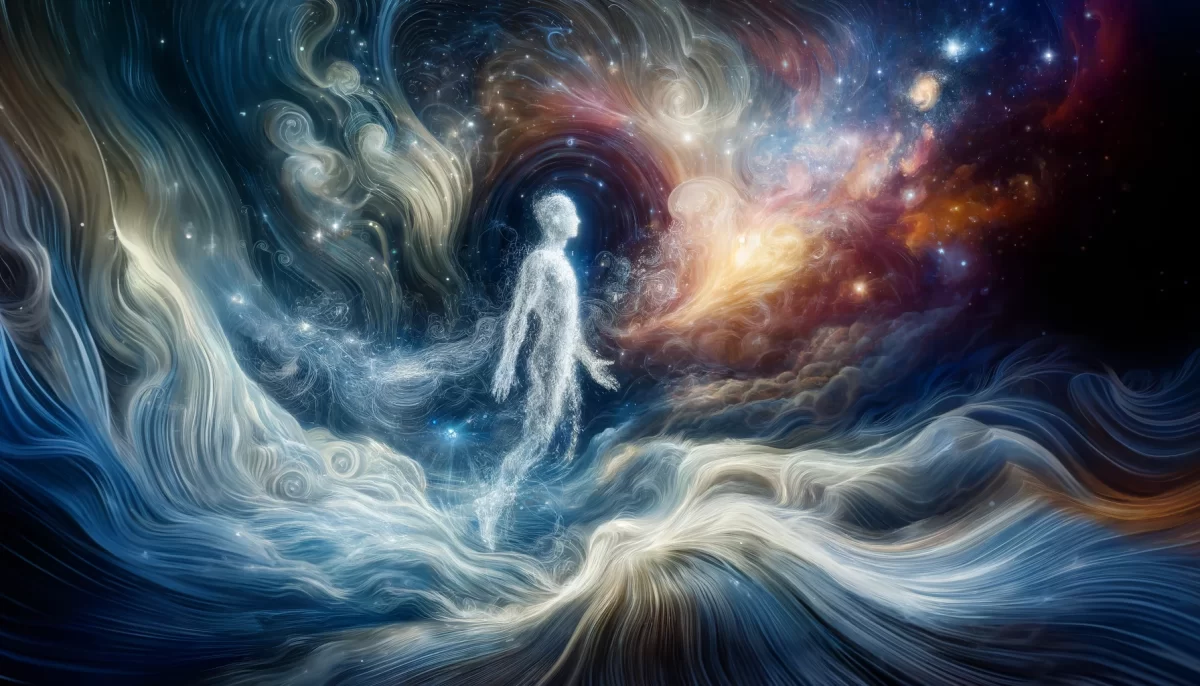
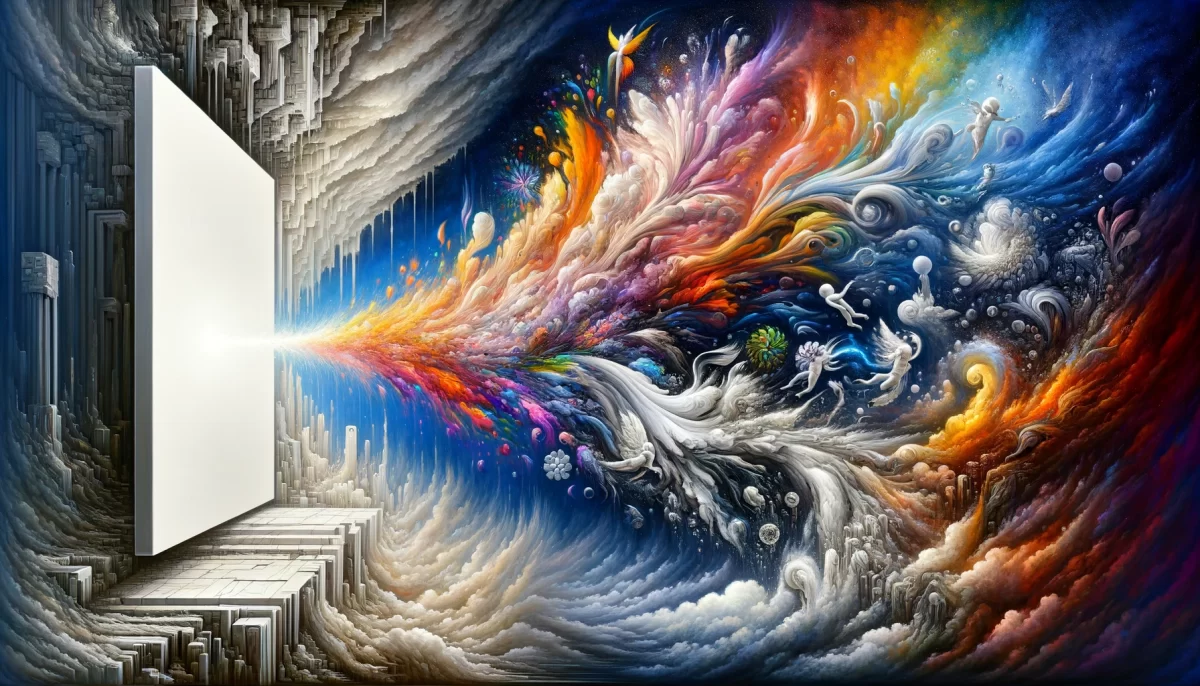
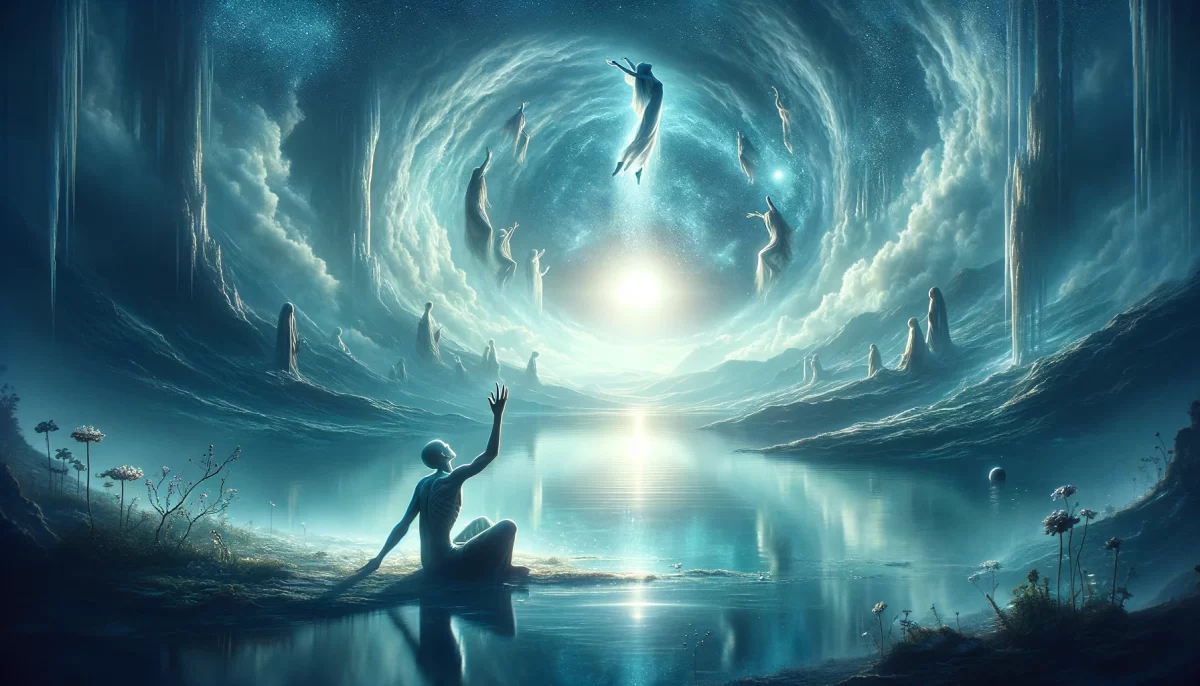

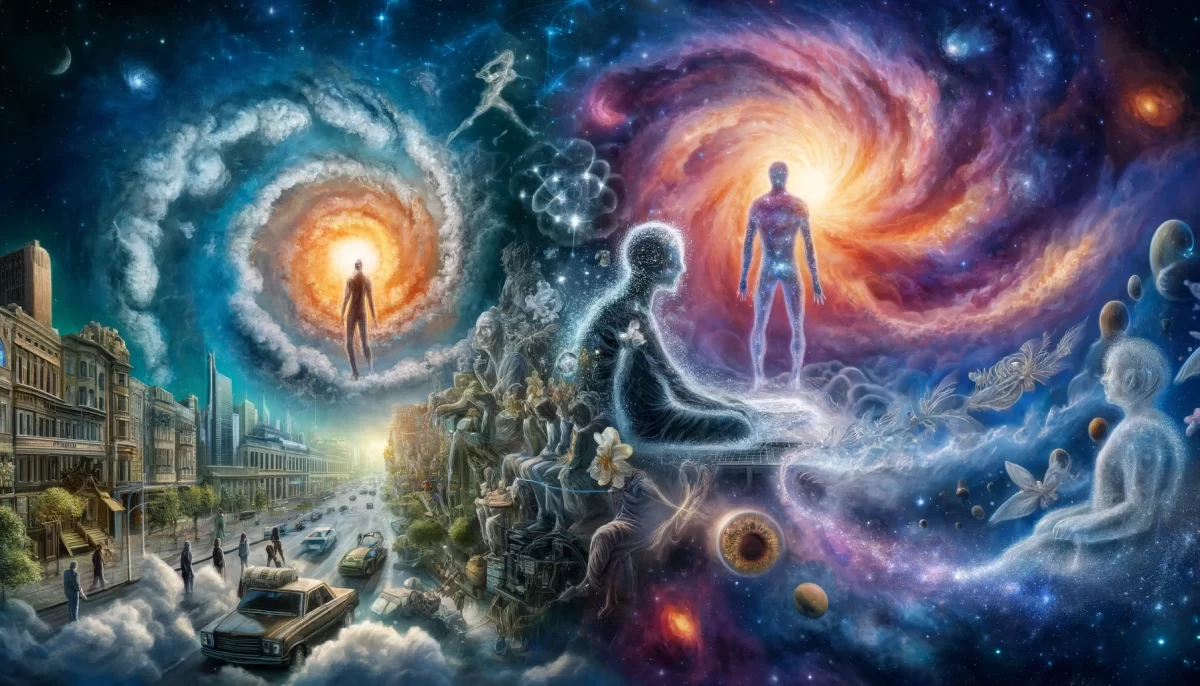

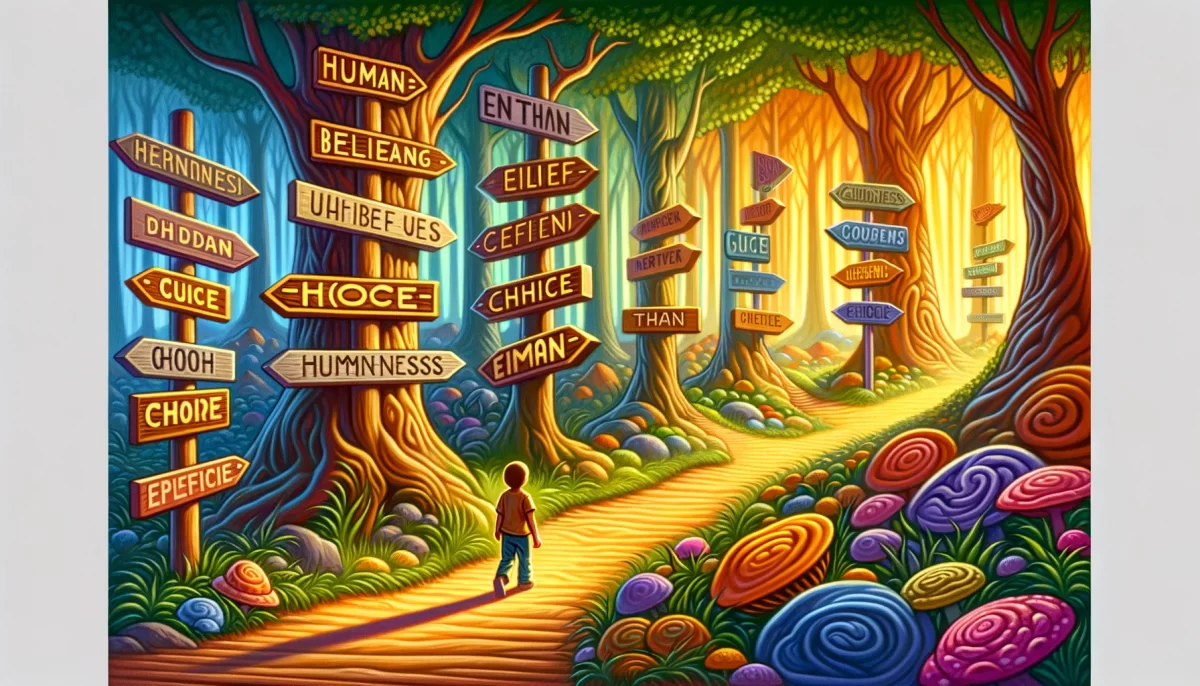
Leave a Reply